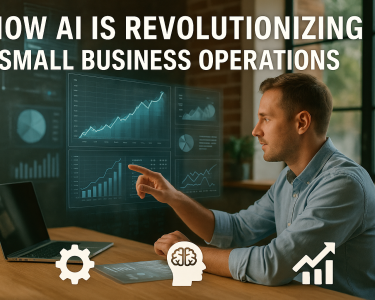The circular economy is a concept that is gaining traction in the business world as companies seek to reduce waste and move toward more sustainable practices. At its core, the circular economy is about designing out waste and pollution, keeping materials in use, and regenerating natural systems. By adopting circular principles, businesses can reduce their environmental impact while also creating economic value.
One of the ways in which businesses are embracing the circular economy is by focusing on product design. Instead of designing products that are meant to be used once and then discarded, businesses are designing products with a longer lifespan, with the aim of keeping them in use for as long as possible. This can include designing products that are easier to repair, that can be disassembled and reused, or that are made from recycled materials.
Another key aspect of the circular economy is the concept of closed-loop systems. Instead of the traditional linear economy model of take-make-dispose, closed-loop systems aim to keep materials in use by recycling and reusing them. This can include implementing recycling programs within the business, sourcing materials from recycled sources, or partnering with other businesses to create closed-loop supply chains.
Businesses are also finding economic value in adopting circular practices. By reducing waste and reusing materials, businesses can save on raw material costs, reduce their environmental impact, and create new revenue streams. Additionally, by adopting circular practices, businesses can differentiate themselves from competitors and appeal to consumers who are increasingly environmentally conscious.
However, there are also challenges to adopting circular practices. It can require significant investment in new technologies and processes, and it can be difficult to change established business models. Additionally, there can be regulatory barriers and limited infrastructure for recycling and reusing materials.
Overall, the circular economy presents both opportunities and challenges for businesses looking to become more sustainable. By adopting circular principles, businesses can reduce waste, save on costs, and differentiate themselves from competitors. However, it can require significant investment and a shift in mindset to move away from traditional linear models of production and consumption.




